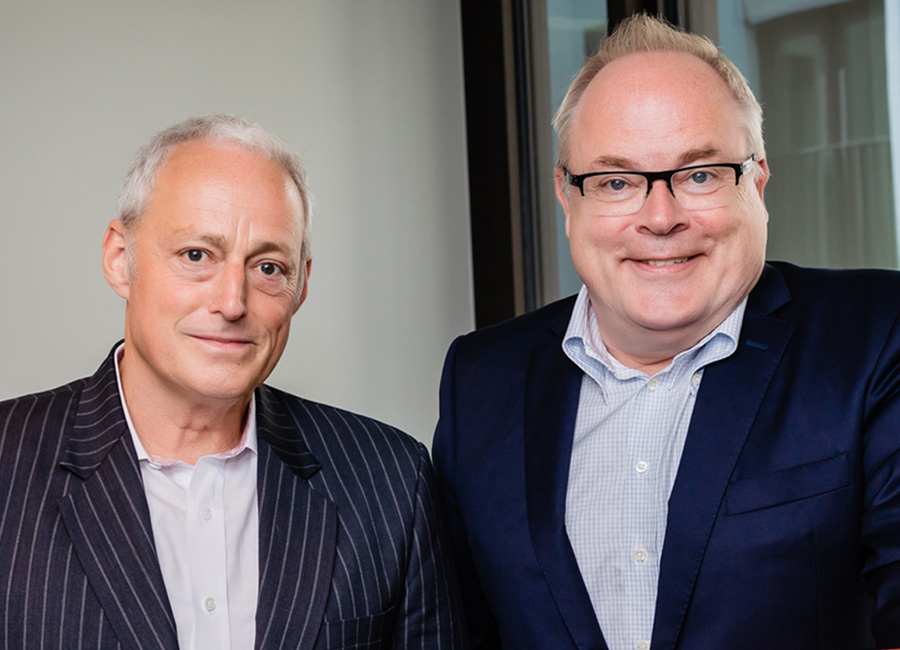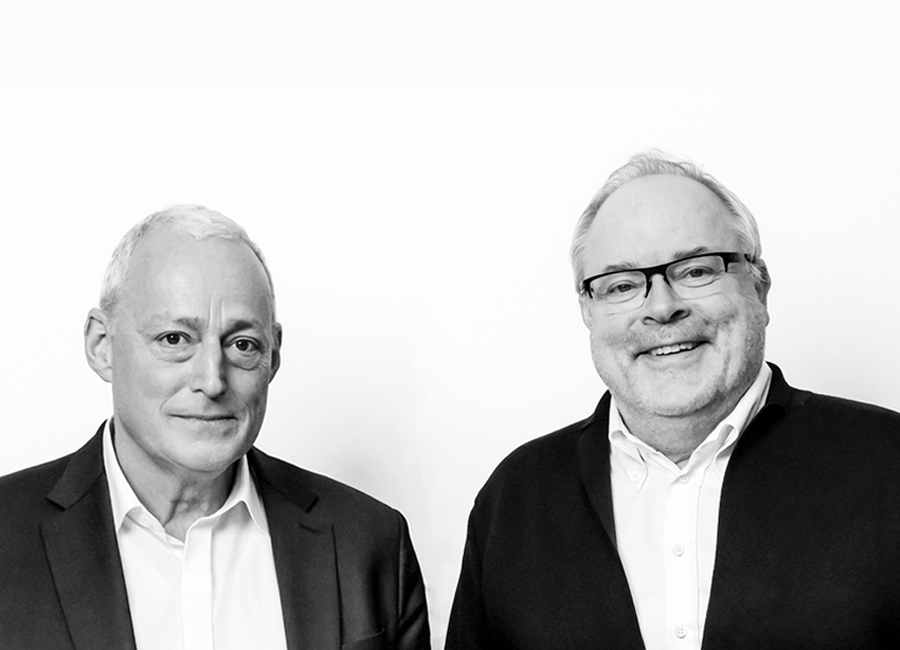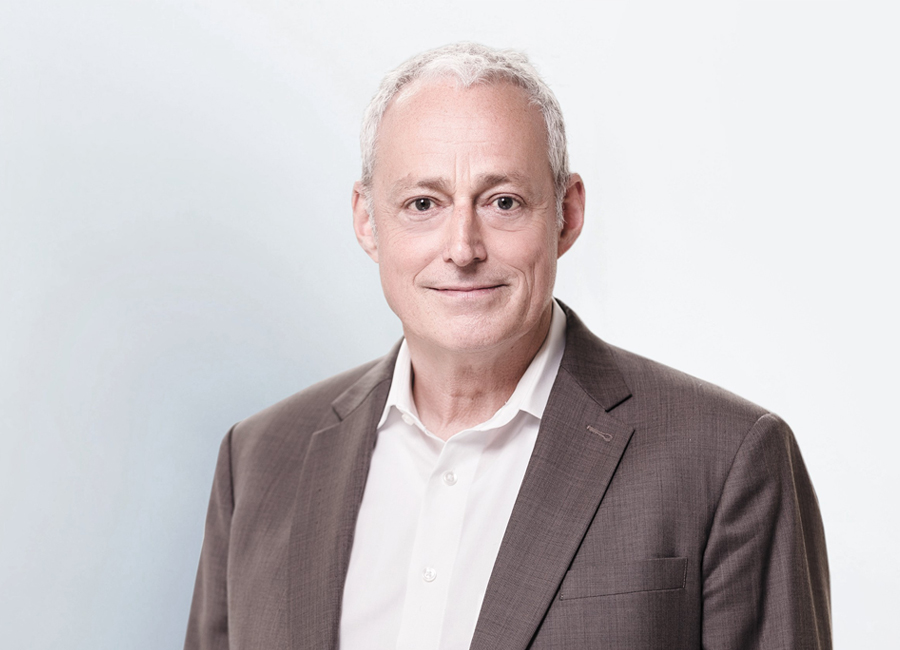
enomyc has reason to celebrate: what began as a two-man operation in an office overlooking the River Elbe has developed into one of the leading management consultancies for SMEs over the past 20 years. What was the start like 20 years ago? What have the founders learnt in the years that followed and what are their plans for the future? A conversation with Martin Hammer and Uwe Köstens about difficult start-ups, the power of mindset and sweeping your own backyard.

Sustainable corporate governance, also known by the abbreviation ESG, at first seemed to be a topic that mainly concerned large corporations. However, it has been clear for some time that, beginning in 2025, many medium-sized companies will also have to report on sustainability in accordance with the requirements of the so-called Corporate Sustainability Reporting Directive, or CSRD for short. What exactly will be expected of companies then? Can sustainability be measured at all, and if so, in what form?

Port of Hamburg, spy balloon, merger with Russia, conflict with Taiwan: China is fueling the scepticism of its economic partners all by itself, say some. The China bashing is exaggerated, say others. But one thing is certain: China's strategy is not leaving Germany unscathed. Can things continue as they are? Is decoupling the answer? And what would the "golden mean" look like? Three scenarios with Martin Hammer.

2022 was a difficult year for many companies. While the Corona pandemic in the form of fragile supply chains has not quite been overcome even after almost three years, galloping energy costs, rising interest rates and a threatening shortage of staff are creating new, additional risk factors. An interview with Martin Hammer and Uwe Köstens about the current situation, the outlook for 2023 and why restructuring experts are often "buzzkills".
Strategy & Corporate Performance

From SAP Hana to Scams: Almost everything is involved. New means, such as digital transformation, but also new challenges, such as cyber attacks, do not leave the role of CFOs cold. Will the CFOs of the future have an additional mandate? Will they also need cutting-edge digital skills? Or even a split of their role? Markus Oberndorfer, director at enomyc, talks about this.

We are in the midst of the energy crisis, watching prices skyrocket and the recession is already upon us. The rule for companies is that they must pass on the increased factor costs to the market, but at the same time radically reduce their costs. What should be the primary focus now? What options are available to companies, and which areas of the company are crucial for overcoming the crisis?

The energy crisis, skyrocketing raw material prices, disrupted supply chains and a chronic shortage of skilled workers are presenting the German automotive and supplier industry with unprecedented challenges. Small and medium-sized suppliers specializing in combustion engine drive components, chassis and C-parts in particular must fear for their future.

Cheap gas, cheap living, cheap money: A large proportion of Germans are only used to growth and prosperity. Boomers helped build the prosperous state, millennials were born into it. And now? The fat years seem to be over. The familiar formula - higher, faster, further - no longer works. What are the new parameters for growth and prosperity? And how should we respond to them? A conversation with Martin Hammer.
.jpeg)
While many are still on holiday or have just returned nicely refreshed, the buyers of the large car manufacturers and their "opponents", the sales professionals of the suppliers, have long been warming up for the upcoming price negotiations. This year, the talks are likely to be particularly difficult because many small and medium-sized enterprises (SMEs) are in deep water. However, giving up is not an option.

What’s more the crisis mountain of supply chain stoppages, material and personnel shortages continues to grow: high energy and material costs are looming. "A toxic cocktail," is how Uwe Köstens, founding partner of enomyc, sums up the situation. Crisis is his business: he has been advising on SME issues for more than 22 years. But how can companies manage a less bumpy landing in the new reality called "crisis"?

The disruption of global supply chains was seen as a short- to medium-term problem when the Corona pandemic struck home. Since the outbreak of the Ukraine war at the latest we now know things will never be the same again. This makes initiating a few key measures at operational level all the more urgent. These are simple to implement, but vital for dealing more flexibly with the new uncertainty.









.jpeg)

